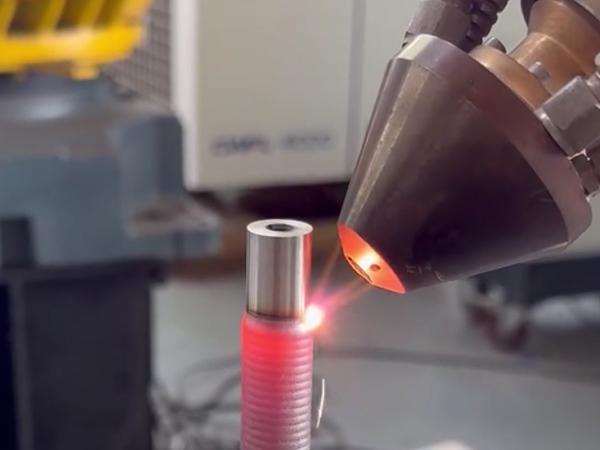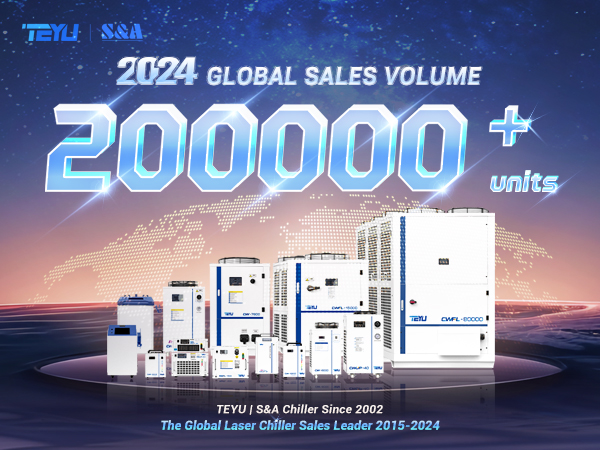Laser cladding technology enhances the wear resistance and lifespan of subway wheels by applying durable alloy coatings. Ni-based and Fe-based materials offer tailored benefits, while industrial chillers ensure stable laser operation. Together, they improve performance, reduce maintenance costs, and support safe rail transit.
Laser Cladding Technology Upgrades Subway Wheel Performance for Safer and Longer Operation
As urban rail systems expand rapidly, the performance and durability of subway wheels are under increasing scrutiny. Frequent braking, acceleration, and complex rail conditions often lead to wheel wear, scuffing, and material peeling. To tackle these challenges, laser cladding technology is becoming a preferred solution for extending wheel life and enhancing safety.
Why Laser Cladding Is Ideal for Subway Wheel Repair?
Laser cladding is an advanced surface engineering process that uses a high-energy laser beam to deposit wear-resistant alloy coatings on the metal surface. This results in a dense, uniform, and defect-free layer that significantly improves wear resistance, fatigue strength, and oxidation resistance.
In subway applications, studies show that Ni-based coatings offer excellent wear resistance and lower friction coefficients, lasting up to 4 times longer than Fe-based coatings. Fe-based coatings, on the other hand, provide better hardness and fatigue resistance, up to 2.86 times harder than the original material. By selecting appropriate alloy powders based on actual operating conditions, laser cladding offers tailored enhancements to meet real-world performance needs.
This technology not only reduces wheel replacement frequency and lowers maintenance costs but also plays a key role in ensuring safe, long-term subway operations.

Industrial Chillers Keep the Laser Cladding Process Cool and Reliable
A critical component behind successful laser cladding is efficient thermal management. Laser systems generate intense heat during operation, and without effective cooling, this can compromise cladding quality and damage equipment. That's where industrial chillers come in.
By circulating coolant through the system, industrial chillers maintain consistent temperatures, ensuring stable laser performance, precise cladding results, and extended equipment life. In high-demand applications like subway wheel refurbishment, industrial chillers are indispensable for achieving both production reliability and cost efficiency.

We're here for you when you need us.
Please complete the form to contact us, and we'll be happy to help you.










































































































